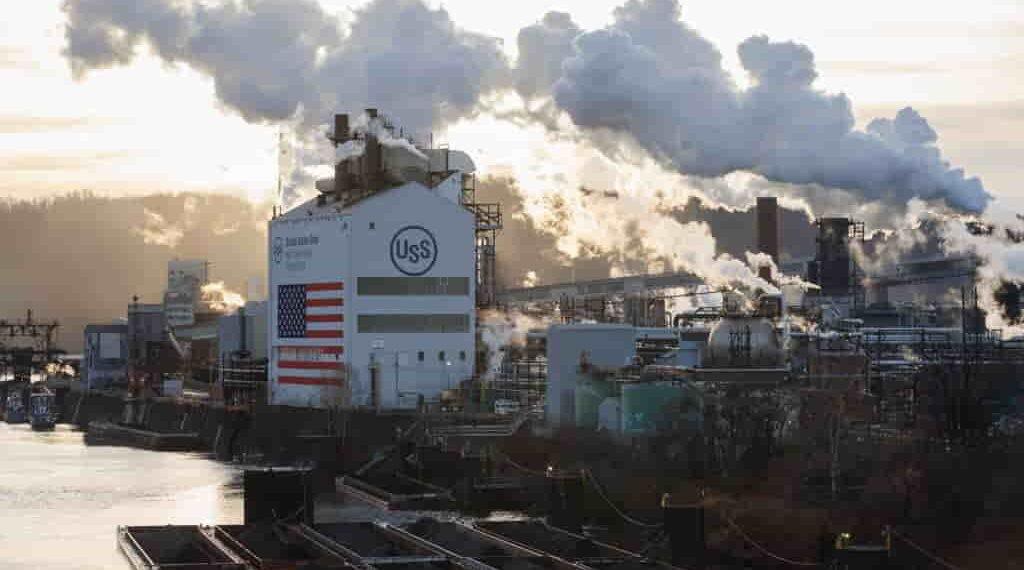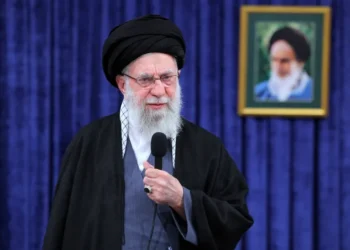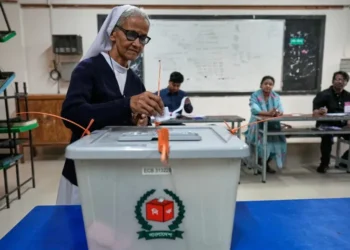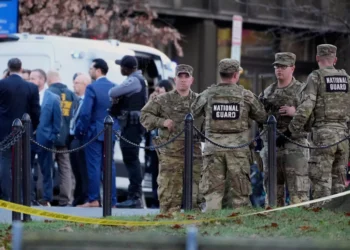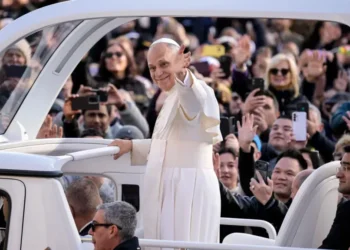Biden Blocks Japan’s Nippon Steel from Buying US Steel: National Security Concerns Take Precedence
U.S. President Joe Biden has officially blocked a proposed $14.9 billion takeover of US Steel by Japan’s Nippon Steel, citing national security risks posed by foreign ownership of key American industries.
This decision comes after a year-long negotiation period, during which Nippon Steel announced its plan to acquire the American steel giant, based in Pennsylvania. The Japanese company had positioned the deal as a lifeline for US Steel, which has been struggling in recent years. However, the proposed transaction quickly hit a roadblock due to strong opposition from the United Steelworkers (USW) union. The union’s vocal resistance stirred political pressure, particularly in Pennsylvania, a crucial swing state in the 2024 U.S. presidential election.
Political and Economic Ramifications
Despite concerns that blocking the deal could harm U.S.-Japan relations, Biden chose to prioritize national security interests. Advisors had warned that the move might strain ties with Japan, an important ally. However, Biden’s administration emphasized that maintaining U.S. ownership of its steel industry is vital for the nation’s security and economic strength.
Nippon Steel and US Steel have expressed frustration with the decision, accusing the U.S. government of using the review process for political advantage. In a statement, they argued that the decision sacrifices the future of American steelworkers and sends a negative message to international investors. Both companies hinted at possible legal action in response, emphasizing the risks of deterring foreign investments.
“We believe that President Biden has sacrificed the future of American steelworkers for his own political agenda,” said the companies, adding that the decision could discourage other allies from investing in the U.S. market.
A Challenging Path Forward for US Steel
The future of US Steel, a 124-year-old company once at the heart of American industrial power, now seems uncertain. For months, US Steel sought a buyer to secure much-needed investment, and its agreement with Nippon Steel appeared to be a potential solution. Despite promises from both companies to preserve jobs and maintain operations, the deal could not overcome political and security concerns.
In an effort to alleviate worries, Nippon Steel and US Steel had offered to fund a workforce training center and even proposed giving the U.S. government veto power over potential production cuts. US Steel had also raised concerns about the possibility of factory closures without the necessary capital infusion from a new owner.
Local politicians and business groups, particularly those fearing rising protectionism, worried that blocking the deal could deter future international investments in the U.S. However, these arguments did not sway Biden, who had expressed opposition to the deal from the start.
Biden’s Strong Stance on National Security and U.S. Steel
In his announcement on Friday, President Biden reaffirmed his commitment to safeguarding U.S. industries critical to national security. He emphasized that domestic steel production is vital for the country’s infrastructure, auto industry, and defense capabilities.
“As I have said many times, steel production—and the steel workers who produce it—are the backbone of our nation,” Biden said. “Without domestic steel production and domestic steel workers, our nation is less strong and less secure.”
The United Steelworkers union praised Biden’s decision as a victory for American workers and national security. Union President David McCall expressed gratitude for the president’s bold action, stating that the move would help maintain the long-term viability of the U.S. steel industry.
The Broader Implications
Following the announcement, US Steel’s stock price dropped by about 5%, reflecting investor uncertainty. However, some experts believe this may not be the end of the proposed deal. Terry Haines, an analyst at Pangaea Policy, pointed out the strong ties between the U.S. and Japan, suggesting that the Japanese company might attempt to renegotiate the deal in the future.
Prof. Stephen Nagy from Tokyo’s International Christian University speculated that Nippon Steel and US Steel might return with a revised proposal, potentially after the 2024 U.S. presidential election, particularly if a new administration—such as one under former President Donald Trump—took office.
Nagy called Biden’s decision “political,” arguing it was part of the administration’s broader strategy to protect American workers and industries, echoing the “America First” rhetoric of Trump’s presidency.
Conclusion
Biden’s decision to block the Nippon Steel-US Steel takeover underscores the importance of safeguarding American industries deemed essential to national security. While the move may strain U.S.-Japan relations, it sends a strong message about the government’s commitment to preserving domestic manufacturing capabilities. Going forward, US Steel faces an uncertain future, but the outcome of this case could influence future foreign investments in the U.S., particularly in key sectors like steel.
This article was rewritten by JournosNews.com based on verified reporting from trusted sources. The content has been independently reviewed, fact-checked, and edited for accuracy, neutrality, tone, and global readability in accordance with Google News and AdSense standards.
All opinions, quotes, or statements from contributors, experts, or sourced organizations do not necessarily reflect the views of JournosNews.com. JournosNews.com maintains full editorial independence from any external funders, sponsors, or organizations.
Stay informed with JournosNews.com — your trusted source for verified global reporting and in-depth analysis. Follow us on Google News, BlueSky, and X for real-time updates.
